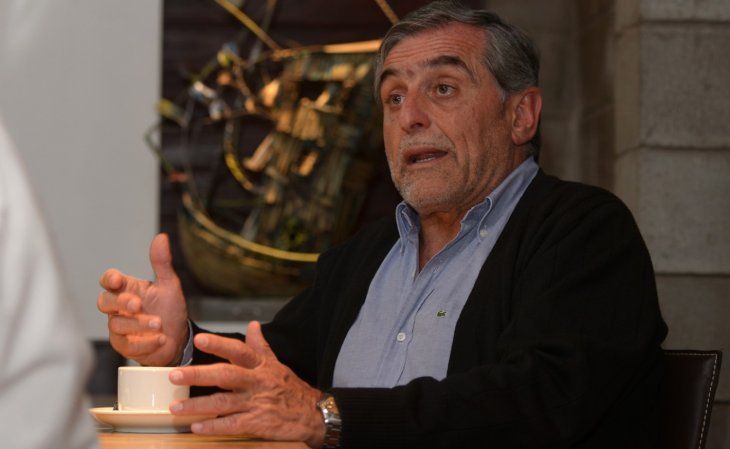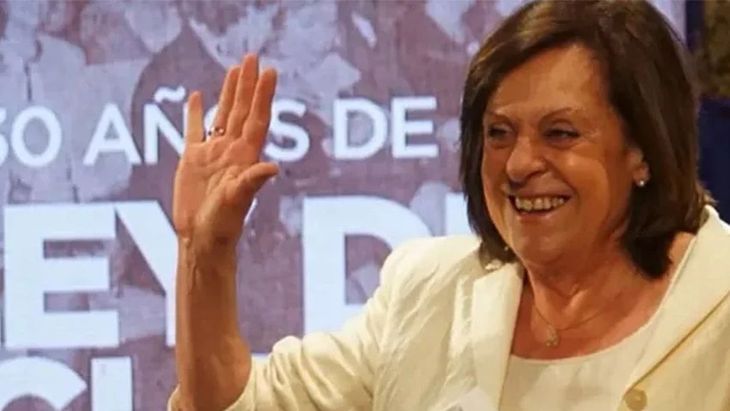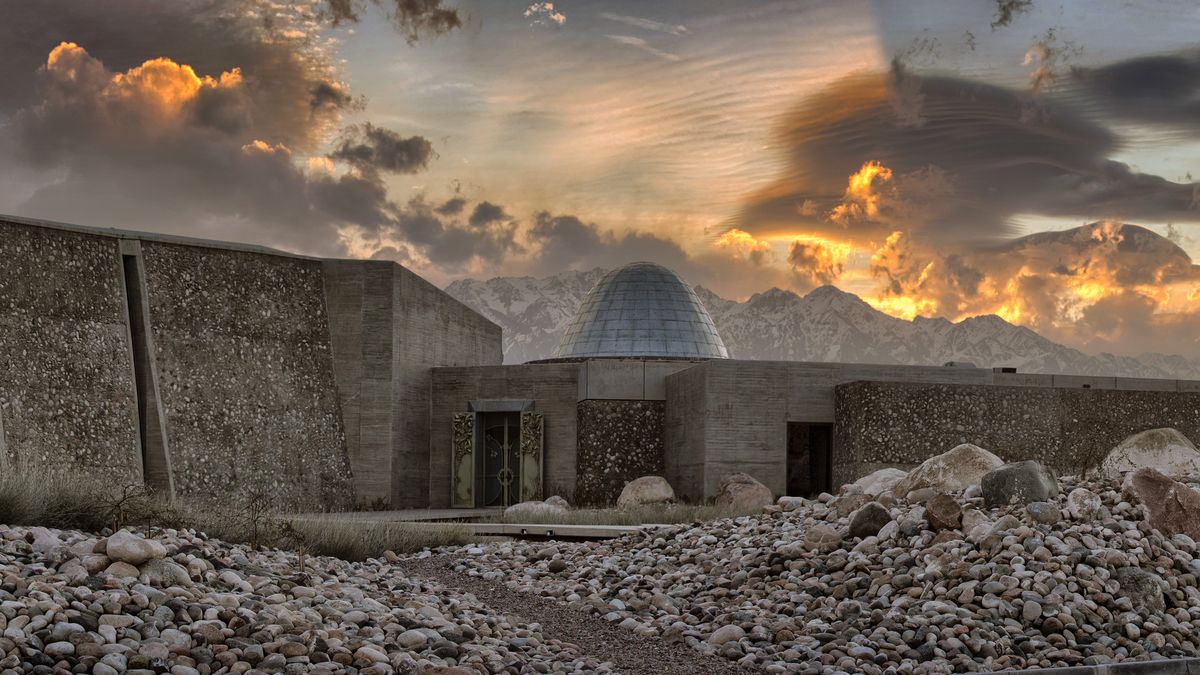The succession fight in which the Zuccardi family, one of the most important in the field grocer of Argentina, has the province of Mendoza following a court ruling which, if advanced, could set a precedent at the national level for the calculation of inheritances and derive in the bankruptcy of the company.
The story goes back to the 90s. Back then, Alberto “Tito” Zucarrdi and his wife Emma Cartellone, founders of the traditional Mendoza estate, began estate succession planning early to transfer assets to their three children: José Alberto, Cristina and Emma.
The distribution was completed as follows. The winery The Agricultural was given to the man, José Alberto, who since 1985 had assumed the responsibility of directing the firm. His sisters inherited the construction companies Cimalco Mendoza and Cimalco Neuquén. That decision was reflected in a contract to which all the children of Alberto Zuccardi.
Alberto “Tito” Zuccardi and Emma Cartellone.jpg
Alberto Zuccardi and Emma Cartellone.
Time passed and the winery became an emblem of the family name locally and internationally. Construction companies, on the contrary, were losing weight in the market. The patriarch of the Zuccardi family He died in 2014 and his wife Emma died years later, in 2020. The distribution of assets had already been consummated in advance, so there were no further divisions to make.
The story of the judicial fight between José Alberto and Cristina Zuccardi
Four years after the death of Alberto Zuccardi, in 2018, his daughter Christina, married to the former Minister of Labor of the Alliance, Alberto Flamarique, implicated in the Senate bribery scandal known as the “Banelco”, He filed a claim with the Mendoza Justice Department.
According to the lawsuit, and despite having accepted the distribution of assets at the time, she maintained that she had been harmed in the distribution. The value of the assets at the time of his father’s death had no relation to the portion received, that is, the winery was worth much more than the construction company.
Cristina Zuccardi He claimed that the valuation of the assets was different in 2014 than in 1990. As is customary in inheritance cases, the calculation for the division of the warehouse and the construction companies was made at the time of distribution.
José Alberto Zuccardi.jpg

He first court ruling did not give rise to the claim and he agreed with José, the owner of La Agrícola. The document argued that it was precisely Alberto Zuccardi’s son and, later, his grandchildren, who made the value of the winery grow since the assets were divided.
In addition, they stressed that the three children agreed on the division. And they pointed out that it was the management of each one that made the value of each asset grow or fall, that is, the winery increased its valuation due to José’s administration, while the construction companies lost market.
Cristina appealed the ruling and the second chamber of the Civil Appeals Chamber confirmed the sentence. However, When the case went to the Supreme Court of Mendoza things changed.
In August of this year, The court chaired by Dalmiro Fabián Garay Cueli reversed all the arguments issued by the lower courts and sentenced José Alberto Zuccardi to pay US$12 million plus interest (the total amount could reach US$20 million).
cristina zuccardi.jpg

What were the axes of the sentence? First of all, the date that should be taken for heritage valuation. Secondly, the gender perspective applied to the solution of the case. Finally, a alleged simulation between father and son to disempower his sister. None of these aspects had been mentioned in previous judicial decisions.
The ruling interpreted that “Donated companies must be valued at the time of death” and? The continuity of Zuccardi Sr.’s work in the winery until his death would explain, in part, the greater value that the company acquiredso that also had to be divided.
The Court also places special focus on the plaintiff’s status as a woman by stating that certain gender stereotypes would have influenced the decisions of the Zuccardi parents to the benefit of the “man child” (José) and to the detriment of his sister.
Weeks later, José Zuccardi presented an extraordinary appeal to reach the Supreme Court of Justice of the Nation, but the Mendoza court rejected the appeal given that, according to the judges, the issue is “foreign matter” for the highest federal instance. In parallel, a negotiation was opened between the parties.
Days ago, according to La Nación, José filed an appeal with the Supreme Court of Justice to review interpretations of the Mendoza court. The final destiny of one of the main wineries in Argentina will be in judicial hands and, when chaos comes, It could consummate a new division and eventually set a precedent for the calculation of inheritances.
Source: Ambito
David William is a talented author who has made a name for himself in the world of writing. He is a professional author who writes on a wide range of topics, from general interest to opinion news. David is currently working as a writer at 24 hours worlds where he brings his unique perspective and in-depth research to his articles, making them both informative and engaging.




